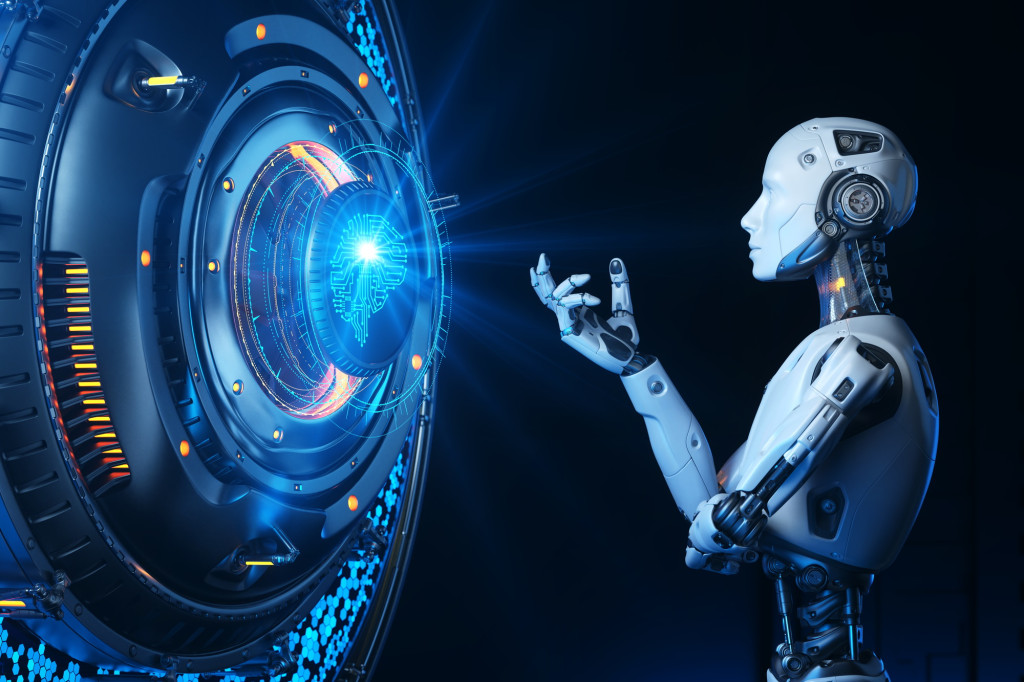Uruguay becomes first Latin American country to sign global AI treaty
Uruguay has become the first Latin American nation to sign the Council of Europe’s global AI treaty, joining 16 other countries and the EU. The treaty sets legally binding rules to ensure AI development respects human rights, democracy, and the rule of law.

Uruguay has signed the Council of Europe’s Framework Convention on Artificial Intelligence and Human Rights, Democracy and the Rule of Law, the world’s first legally binding treaty on artificial intelligence (AI). The agreement is designed to ensure that AI systems are developed and used in ways that respect human rights, democratic principles, and the rule of law.
What the treaty does
The treaty, also known as the Framework Convention on AI, provides a comprehensive legal framework that applies to the entire lifecycle of AI systems, from design and development to deployment and oversight. Its aim is to strike a balance: encouraging progress and innovation in AI while managing the risks these technologies can pose to society.
One of its key strengths is that it is technology-neutral, meaning the rules apply regardless of the specific type of AI being used. This allows the treaty to remain relevant even as technologies evolve.
Uruguay’s role
Uruguay signed the treaty in Strasbourg through its Ambassador to France, Enrique Emilio Loedel Soca, in the presence of the Council of Europe’s Deputy Secretary General, Bjørn Berge.
By signing, Uruguay became the first Latin American country to join the convention. It now stands alongside 16 other signatories, which include 11 Council of Europe member states as well as Canada, Israel, Japan, the United States, and the European Union.
Why this matters
The treaty represents a major step in building global standards for AI governance. While many countries are drafting their own national AI strategies and laws, this is the first international agreement that legally binds governments to safeguard human rights and democratic values when using AI. The treaty is particularly significant. It ensures that AI technologies are not only tools of economic growth but are also subject to checks and balances that protect individuals from potential abuses,


